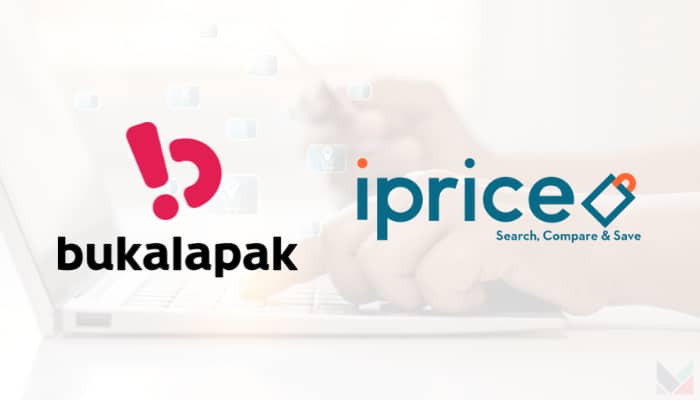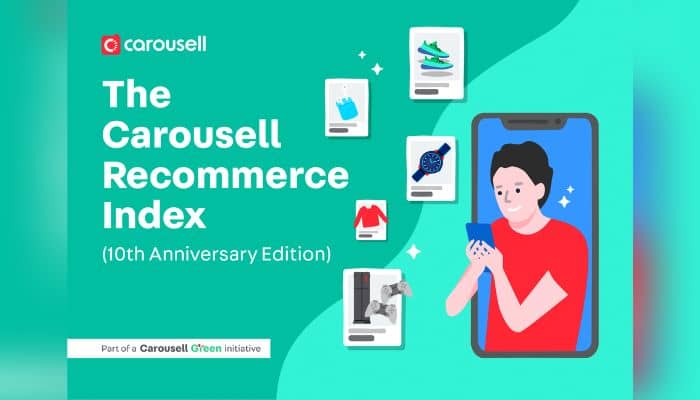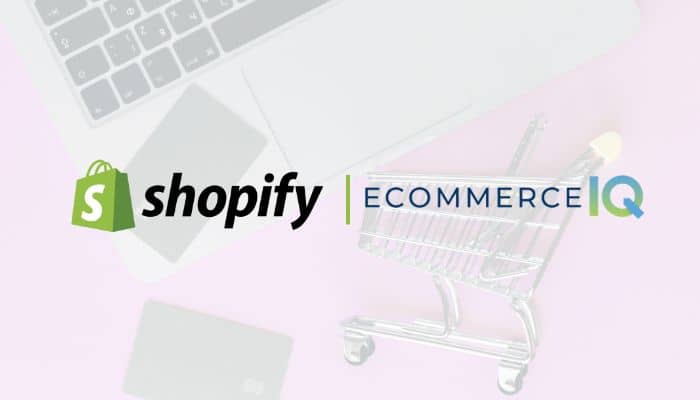Kuala Lumpur, Malaysia – Google Cloud has announced new artificial intelligence (AI) innovations dedicated to retailers to aid in their in-store shelf checking processes and enhance their e-commerce sites with natural online shopping experiences for consumers. It has also integrated its technologies with Accenture’s ai.RETAIL platform as part of its expanded strategic partnership.
The first on the list is Google Cloud’s new AI-powered shelf checking solution that can help retailers improve on-shelf product availability, provide better visibility into what their shelves actually look like, and help them understand where restocks are needed.
Built on Google Cloud’s Vertex AI Vision and powered by two machine learning (ML) models—a product recognizer and tag recognizer—the shelf checking AI enables retailers to identify products of all types, at scale, based solely on the visual and text features of a product, and then translate that data into actionable insights.
The company has also announced a new AI-powered browse feature in its Discovery AI solutions for retailers. This capability uses ML to optimise the order of products (i.e., which products the shopper sees first) on a retailer’s e-commerce site once shoppers choose a category, such as ‘women’s jackets’ or ‘kitchenware’.
Other Google Cloud announcements include more personalised search and browsing results with machine learning (ML), and the ‘Recommendations AI’ solution uses ML to help retailers bring product recommendations to their shoppers.
Meanwhile, Accenture’s ai.RETAIL is an integrated solution that helps retailers better utilise data and AI to optimise common systems and programs, such as customer acquisition, pricing and promotions, assortment, and supply chains. Retailers can now deploy the ai.RETAIL platform on Google Cloud, meaning it is extended to Google Cloud’s trusted infrastructure and is integrated with multiple Google Cloud products and capabilities.
For Megawaty Khie, country director for Indonesia and Malaysia at Google Cloud, the upheavals in the past few years have reshaped the retail landscape and retailers are now seeking new ways to be more efficient, more compelling to shoppers, and less exposed to future shocks.
“The leaders of tomorrow will be those who address today’s most pressing in-store and online challenges with the newest AI tools. Our work with Accenture will also help local retailers quickly adopt integrated solutions that amplify the true benefits of AI, so that they can holistically understand their business across functional boundaries and continuously optimise their offerings and operations to thrive in a complex retail environment,” Khie said.
Sridhar Subramanian, managing director of Accenture’s Google Business Group in Asia Pacific, commented that with shifting consumer buying habits, now more than ever, retailers need to invest in building a digital core – which includes a solid data foundation, ML, and AI.
“With the best of Accenture’s integrated ai.RETAIL platform and Google Cloud technology, companies can now access products and capabilities to help improve consumer engagement and conversions, and make their supply chains more sustainable,” Subramanian said.
Google Cloud and Accenture are also collaborating on a broad, new initiative to address complex challenges facing retailers today, including applying intelligence from ai.RETAIL to help businesses optimise their customer, workforce, and storefront experiences, and utilising other technologies and offerings from both companies.












